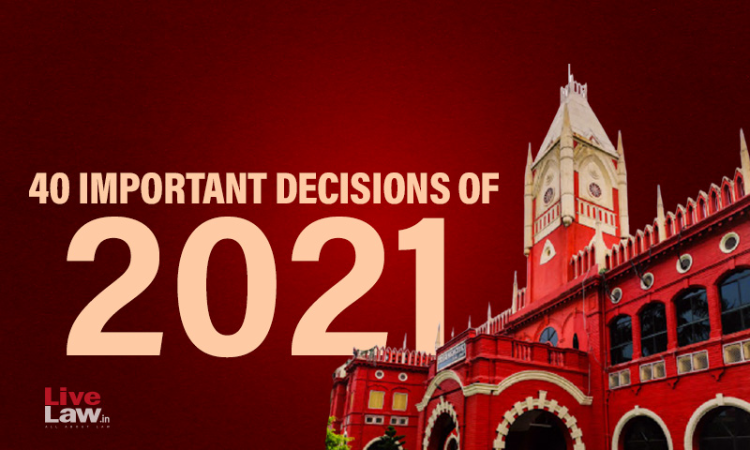Next Story
5 Jan 2022 3:48 PM IST
As we have stepped into the year 2022, it is necessary to look back at the important decisions of the year 2021, and therefore, in this article, we would be going through 40 important decisions of the Orissa High Court spread across 10 Categories. Criminal Cases 1. "Justice Is Sum Of All Moral Duty": Orissa HC Orders ₹10 Lakh Compensation For Gang Rape Survivor Carrying Over...

